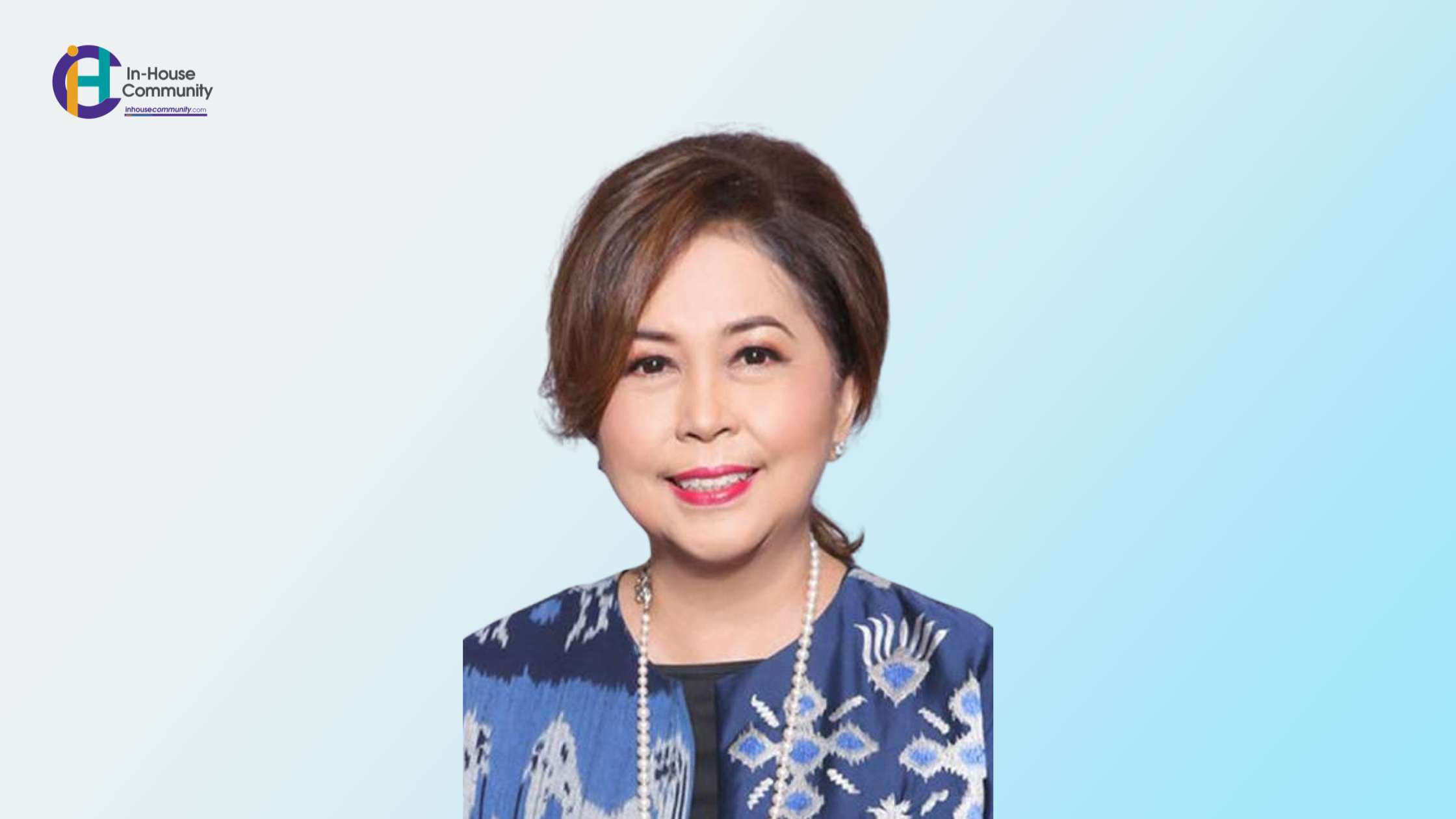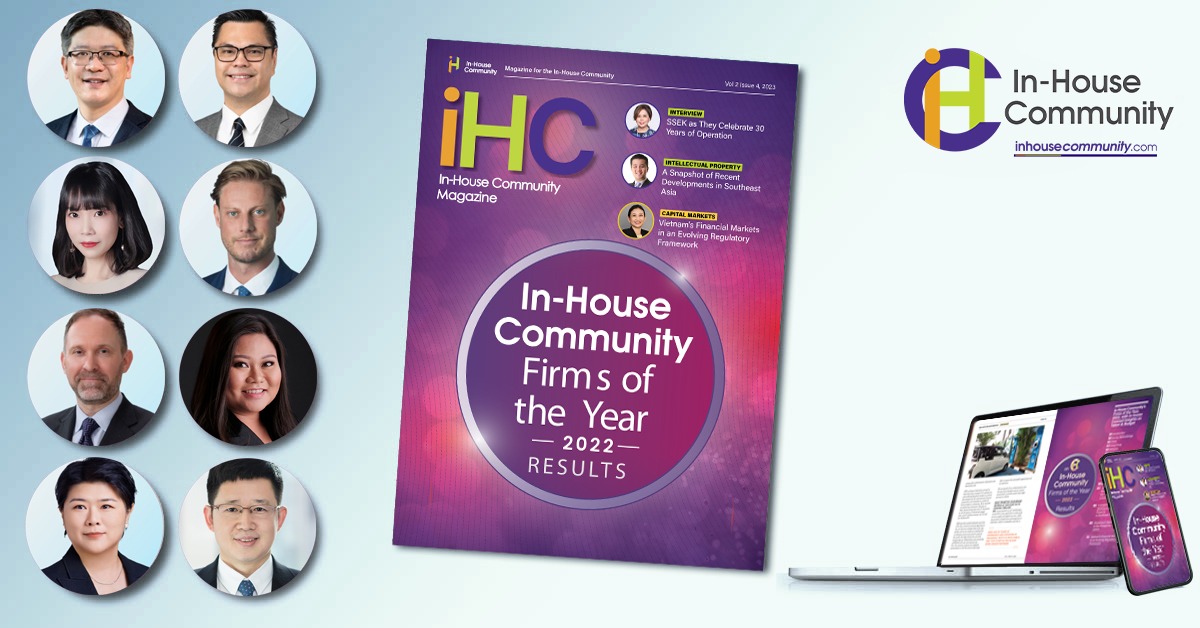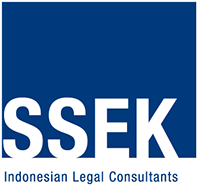From participation in groundbreaking commercial law reform and beyond, this Indonesian law firm is just getting started
Can you please provide us with a short highlights reel of SSEK’s first three decades of operation?
Ira Eddymurthy: SSEK was established in 1992 with only five people and over the last 30 years we have grown to a family of more than 130 people. From our earliest days, SSEK has been involved in vital projects and initiatives in Indonesia, as the firm has put its experience and expertise at the service of helping the country grow into an economic powerhouse.
SSEK’s senior lawyers played vital roles in the Economic Law and Improved Procurement Systems (ELIPS) Project, Indonesia’s commercial law reform project from 1992-1998, at the time the largest single-country effort of its kind in the world. They helped to draft, finalise, and socialise several laws, including Indonesia’s Company Law and Fiducia Law. During the 1997 Asian economic crisis, we participated in Indonesia’s Initiative Group and contributed ideas on ways to deal with unsettled debt, an effort that resulted in, among other achievements, Indonesia’s new Bankruptcy Law.

SSEK, acting as Indonesian counsel to state electricity company PLN, advised on a groundbreaking power project in Central Java designed by the International Finance Corporation and intended as a model for future projects in Indonesia. More recently, we advised the Indonesian Ministry of State-Owned Enterprises and PT Pertamina on the formation of Indonesia’s largest state-owned holding company, the Oil and Gas Holding SOE.
SSEK has been named Indonesia Law Firm of the Year numerous times by legal directories, we have won multiple Deal of the Year awards, and we are ranked as a leading firm in Indonesia across most practice areas by the world’s best legal directories, all while maintaining our independence and remaining unaffiliated with any international law firm. We continue to attract the brightest young lawyers to the firm and we have been able to ensure the successful regeneration of our partners.
We are proud of our achievements over the last three decades and we remain committed to provide world-class legal services to clients.
What prompted your brand refresh at this point in its ongoing timeline?
Ira Eddymurthy: As we marked our 30th anniversary, we just felt it was a good time to show that we are as agile and adaptive as ever. SSEK has 30 years of experience and expertise in Indonesia, which is invaluable, and that is reflected in our more senior partners. We are also dynamic and flexible, driven by our talented younger partners and associates, and our new look reflects that dynamism.
SSEK Has 30 Years Of Experience And Expertise In Indonesia, Which Is Invaluable, And That Is Reflected In Our More Senior Partners
What will this refresh entail in terms of look and presence – what updates can we expect or, conversely, what’s staying the same?
Ira Eddymurthy: We have redesigned the firm’s logo, communications, and website, which is engaging and easy to use, with essential information on SSEK’s services and team members, and timely legal updates and firm news. We also have updated our name to SSEK Law Firm.
Otherwise, the firm’s core values remain unchanged. We remain committed to our clients and understanding not only their legal needs but the business environment in which they operate. We will continue to deliver creative commercial solutions to real-world problems, combining the best academic principles with practical, on-theground experience. We will continue to recruit the top legal talent in the country and we will continue to leverage our three decades of experience and vast network of contacts to help clients successfully navigate the Indonesian legal system. And we will always maintain our integrity, the value of hard work, our focus on clients and all the other values that have brought us where we are today.
We Will Continue To Deliver Creative Commercial Solutions To Real-world Problems, Combining The Best Academic Principles With Practical, On-the-ground Experience
How would you describe the Indonesian business and legal environments as we emerge from this long, challenging pandemic period? are markets bouncing back or has a “new normal” emerged?
Ira Eddymurthy: First, let’s acknowledge that the past few years have been difficult for everyone. We are grateful that SSEK was able to adjust to the new normal during and after the pandemic and not only survive but thrive. I give a lot of credit to everyone at SSEK, from the partners to the support staff, for coming together in trying times and continuing to provide an excellent service.
As we started to emerge from the pandemic, we started to see the markets begin bouncing back. The outlook for Indonesia in 2023 is generally positive. General elections are scheduled for February 2024, so there will be focus on that and we will have to see how that plays out. But we anticipate an increase in cross-border M&A transactions and foreign investment into Indonesia, as companies pick up opportunities that were put on hold during the pandemic.
Looking at some specific sectors, we expect a continued focus on renewable energy this year, following the issuance late last year of a Presidential Regulation on the acceleration of renewable energy development for electricity supply, which sets in stone the energy transition strategy for Indonesia and contains provisions on tendering for renewable projects, tariff mechanisms, and incentives provided for renewable energy projects. Other sectors with momentum are ESG and carbon capture/trading, with a new law just issued that addresses the establishment of a Carbon Exchange that will serve as a platform for parties to conduct carbon trading in Indonesia.
Indonesia issued its long-anticipated Personal Data Protection Law last year and 2023 could see issuance of implementing regulations that should clarify a lot of the details and requirements for companies here. In December, Indonesia passed the Financial Sector Reform Law, which will revise almost 20 regulations related to the financial sector. We will see how that plays out in 2023 and the adjustments that companies might have to make in response to these changes.

SSEK has a history of making history, including its involvement in the economic law and improved procurement systems project, as you’ve mentioned. looking forward, can you provide us with some projections on new developments to expect (or those you hope to see) in the Indonesian legal market?
Ira Eddymurthy: With the Indonesian Parliament currently working on a draft law to reform Indonesian procedural law, we look forward to court processes that are more efficient and beneficial for all parties. As you might be aware, a civil lawsuit in Indonesia can take many years to make its way through the courts and reach a conclusion. And even if you have a binding court decision, the enforcement is not easy. With the reform of civil procedural law that is currently being completed in the Parliament, we hope that civil litigation will be faster and that enforcement will be more effective and no longer time-consuming. SSEK is one of the few firms to have assisted the Indonesian Bar Association in providing input on the draft law to Parliament.
This article was first published in the Feb, 2023 issue of IHC Magazine. You can view more articles, including Firms of the Year 2022 Results by clicking here.








































 SSEK Legal Consultants
SSEK Legal Consultants Rusmaini Lenggogeni
Rusmaini Lenggogeni Denny Rahmansyah
Denny Rahmansyah






